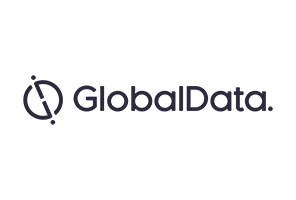
The acute myeloid leukaemia (AML) market is expected to triple from $406m in 2016 to more than $1.5bn by 2026, recording a compound annual growth rate (CAGR) of 14%, according to a report by GlobalData.
Titled ‘OpportunityAnalyzer: Acute Myeloid Leukemia – Opportunity Analysis and Forecasts to 2026’, the report covers the seven major countries (7MM) of the US, France, Germany, Italy, Spain, the UK, and Japan.

Discover B2B Marketing That Performs
Combine business intelligence and editorial excellence to reach engaged professionals across 36 leading media platforms.
The launch of premium-priced therapies, increased use of branded drug treatments, development of therapies targeting specific driver mutations, and rise in the number of elderly population with AML are the drivers of the anticipated growth.
Despite being a rare disease, a high level of unmet need exists in the AML market that provides pharmaceutical companies with significant opportunities, explains Volkan Gunduz, PhD, Senior Healthcare Analyst at GlobalData.
Many companies have been able to identify actionable targets for treatment of AML despite poor understanding of its biology.
The recent approval of Novartis’ Rydapt and the expected approval of FMS-like tyrosine kinase 3 gene inhibitors (FLT3 TKIs) and isocitrate dehydrogenase (IDH) 2 inhibitor enasidenib is expected to significantly benefit AML patients.

US Tariffs are shifting - will you react or anticipate?
Don’t let policy changes catch you off guard. Stay proactive with real-time data and expert analysis.
By GlobalDataDrug development for AML, however, is extremely challenging due to its aggressive nature and the heterogeneity. Many promising drugs have failed in clinical studies, as a result. Pharmaceutical companies attempting to enter the market are aware of the issues and are designing larger, randomised Phase II trials to establish strong efficacy data before moving to phase III studies.
There are currently 16 drugs in late-stage clinical development indicated for newly diagnosed elderly patients, relapsed / refractory patients, FLT3 mutations patients and for AML patients, who have responded poorly to chemotherapy.
The report anticipates Venclexta to emerge as the leader in the branded AML market by 2026, with estimated total sales of $179m. Daiichi Sankyo’s quizartinib, Astellas’ gilteritinib, and Jazz’s Vyxeos are also expected to lead the market in terms of sales.





